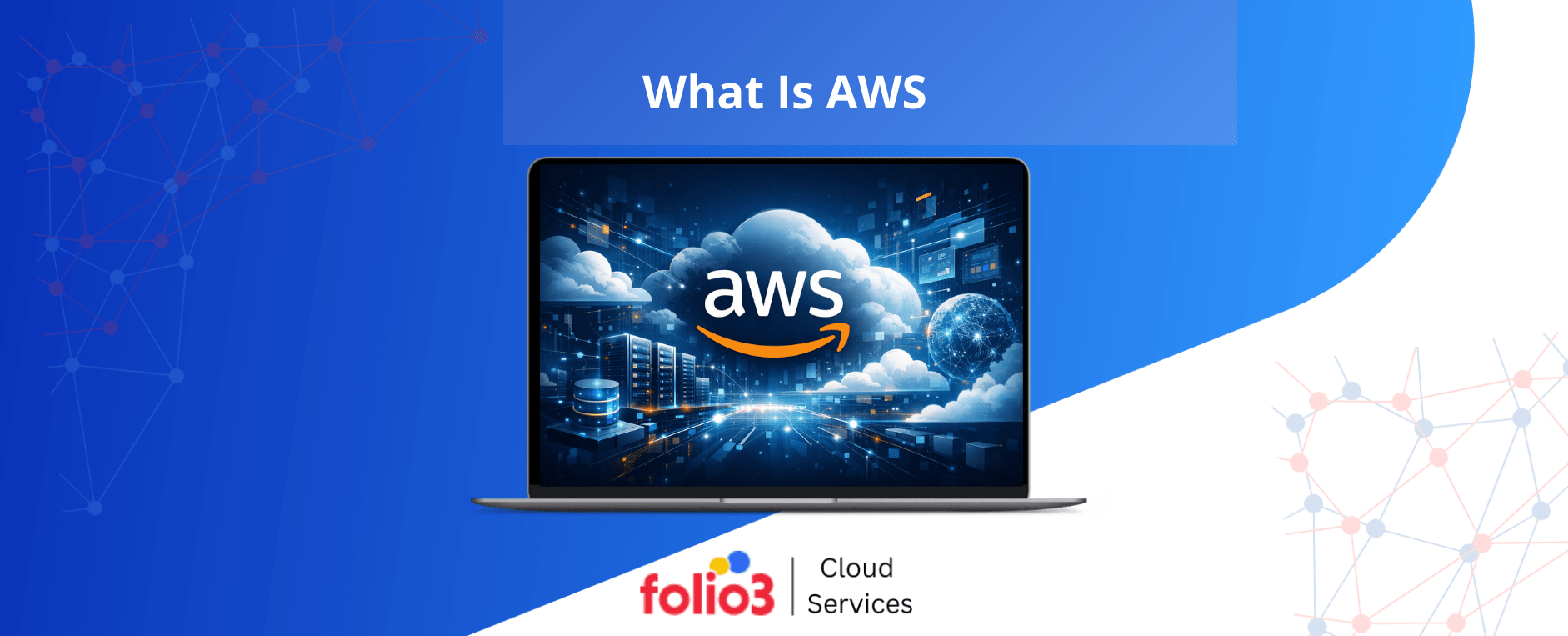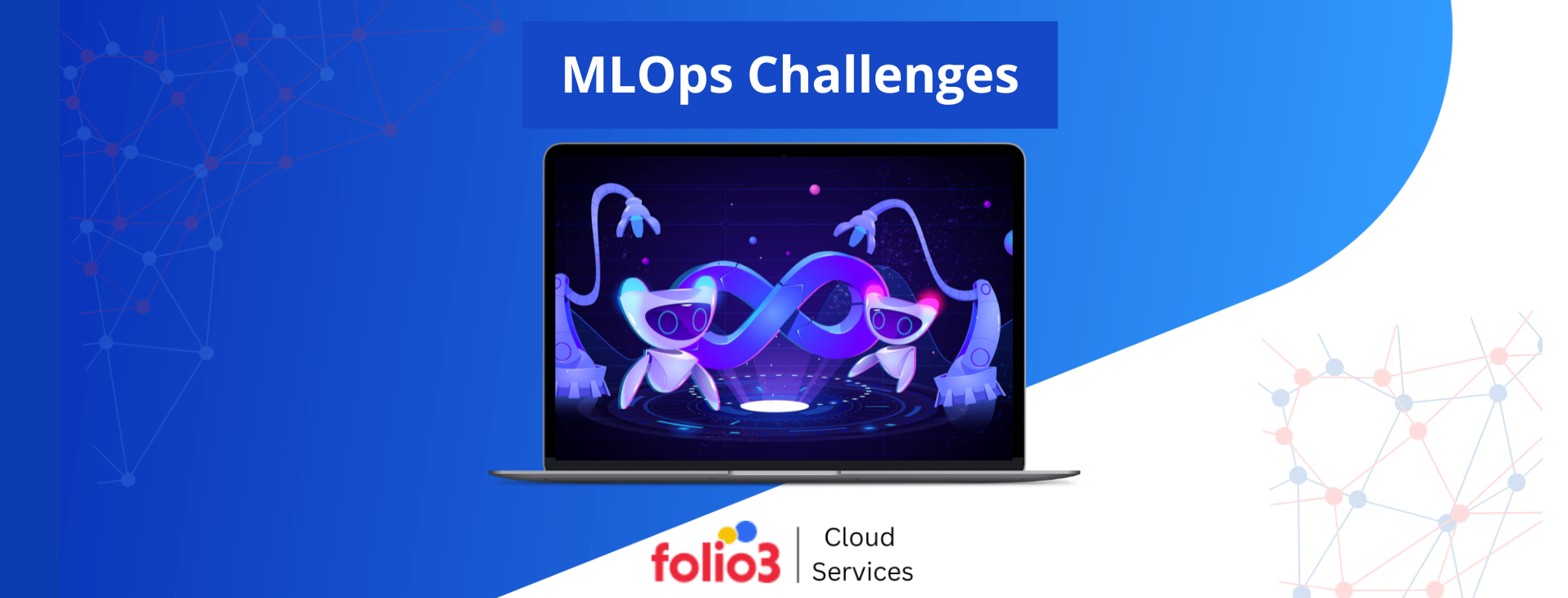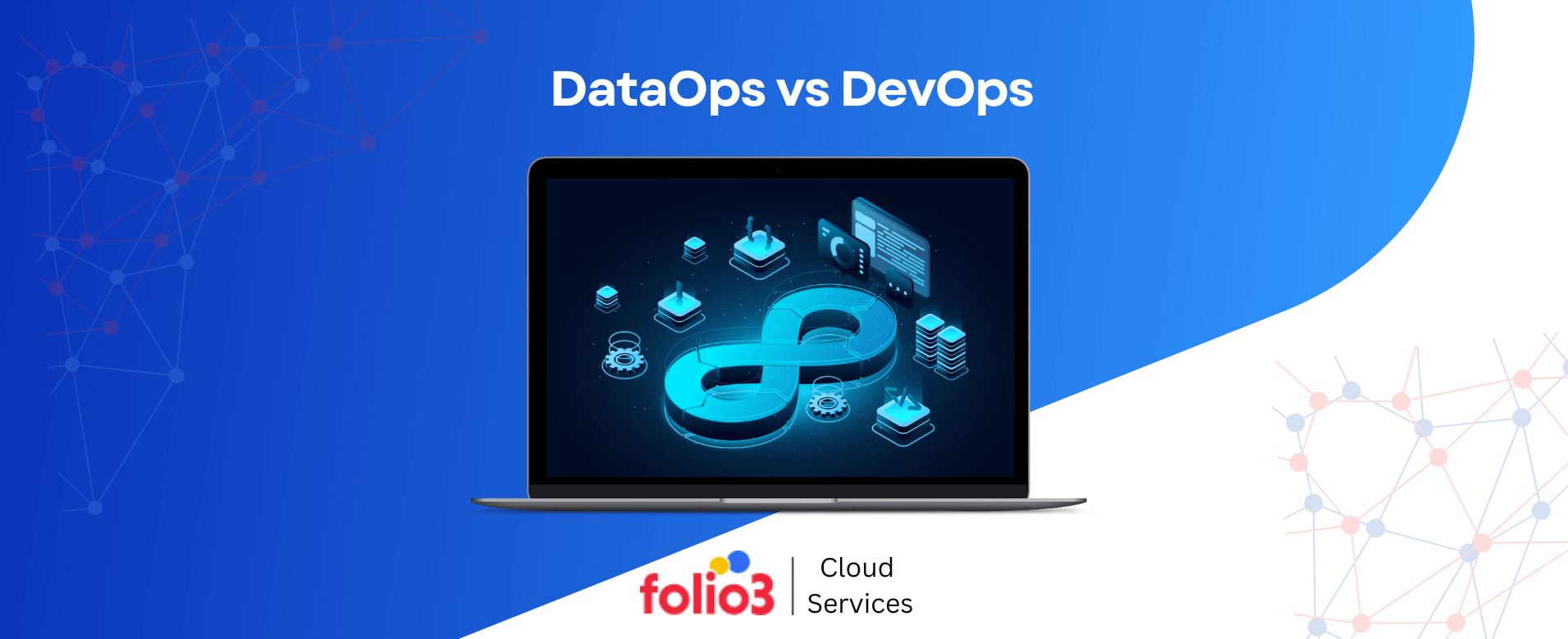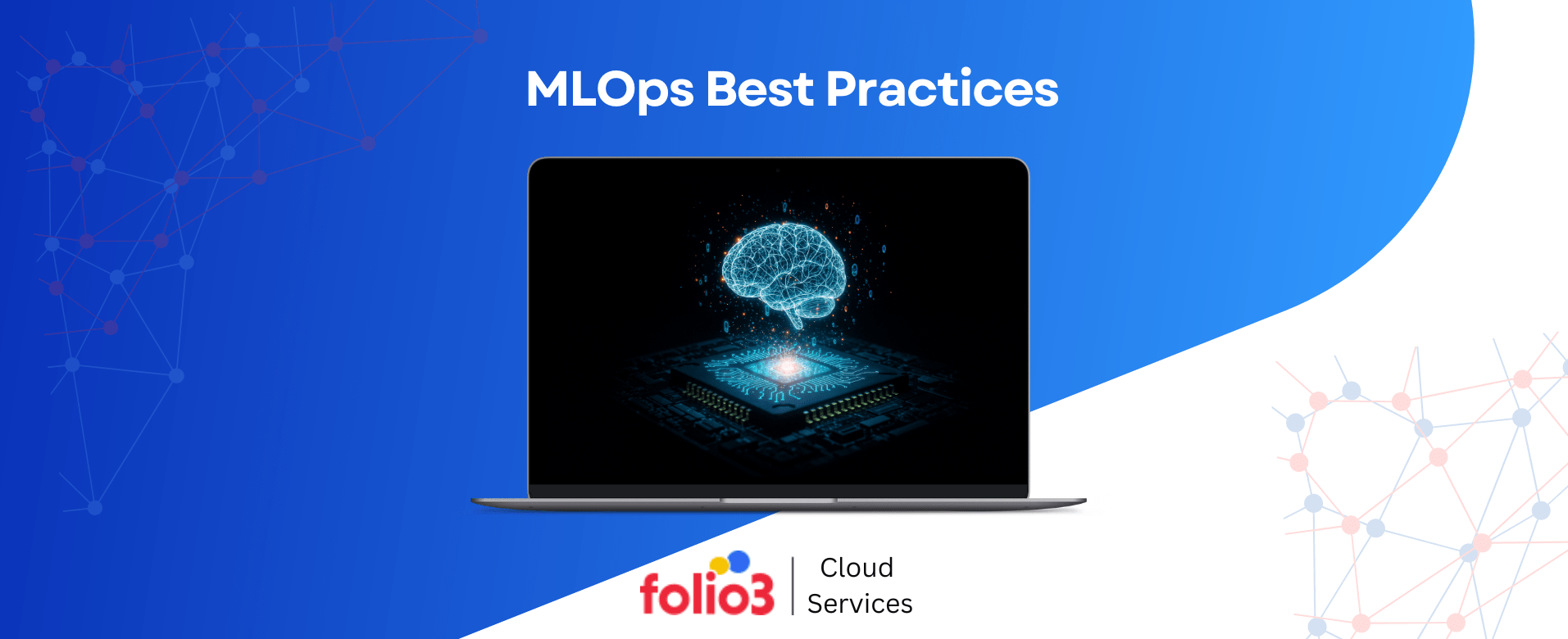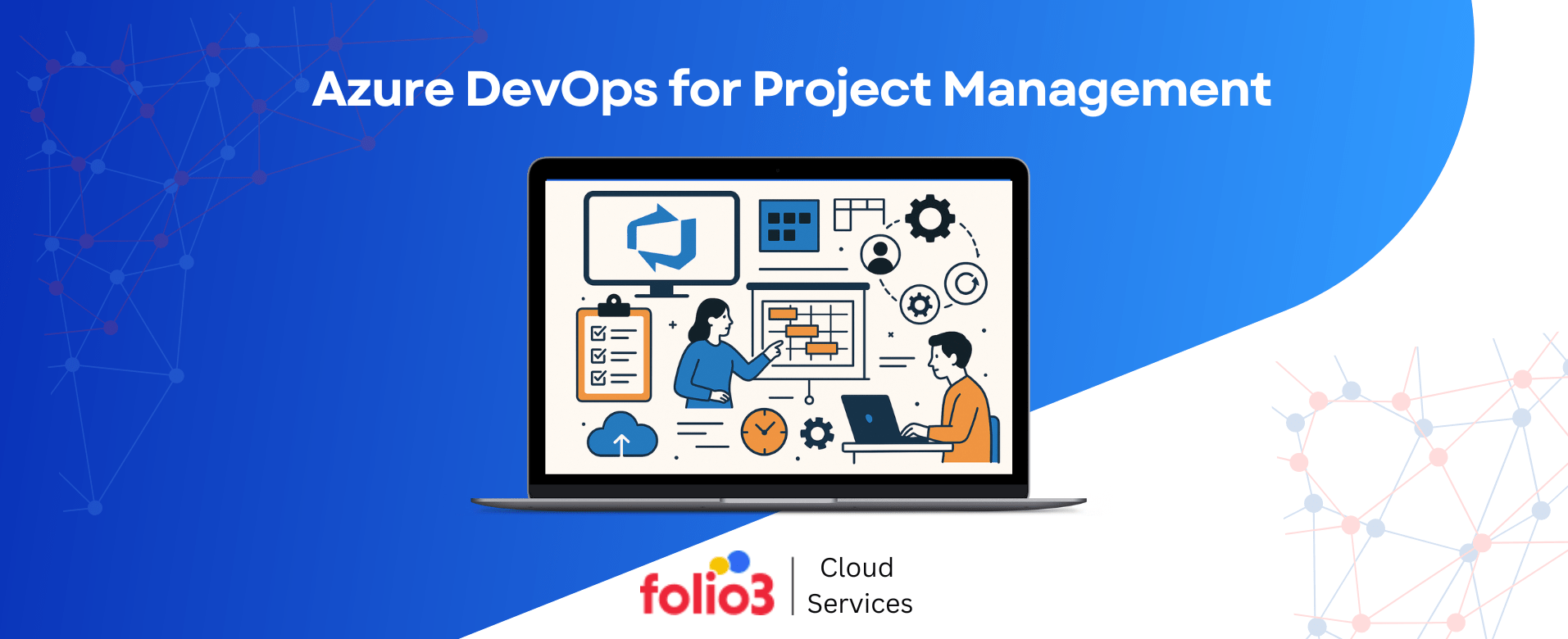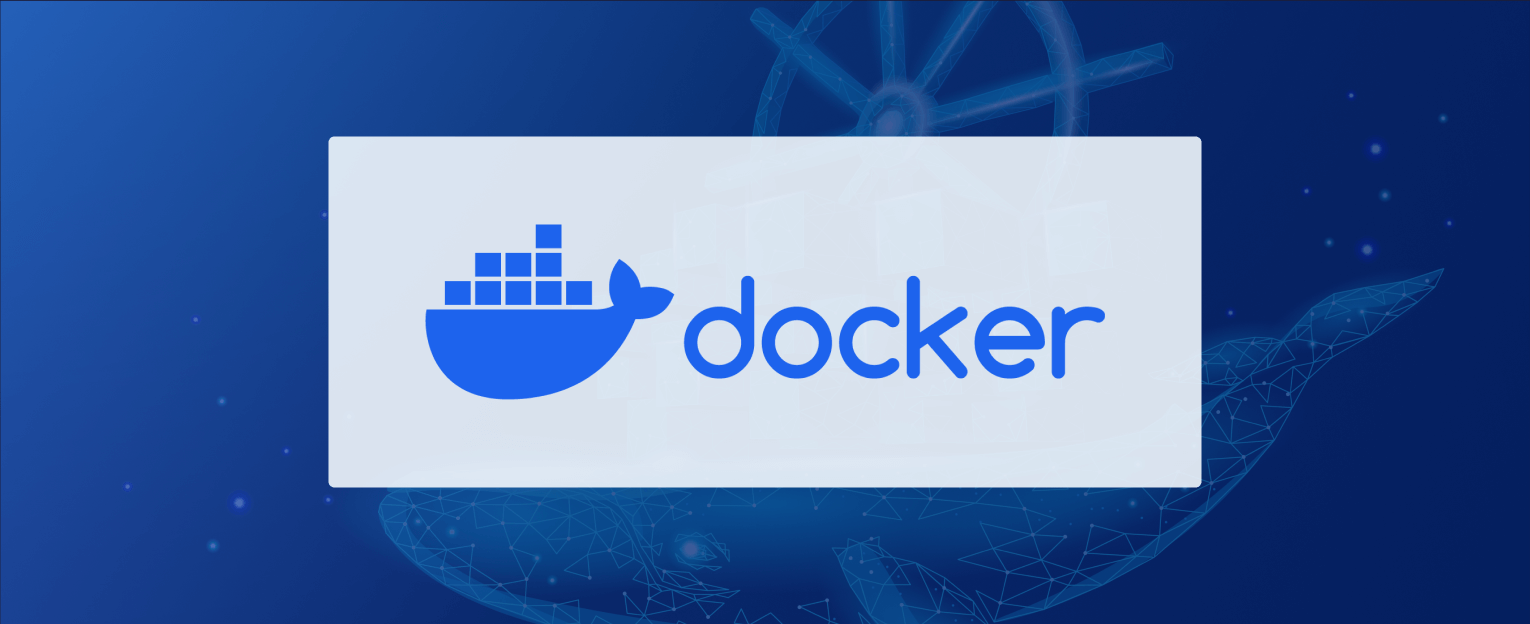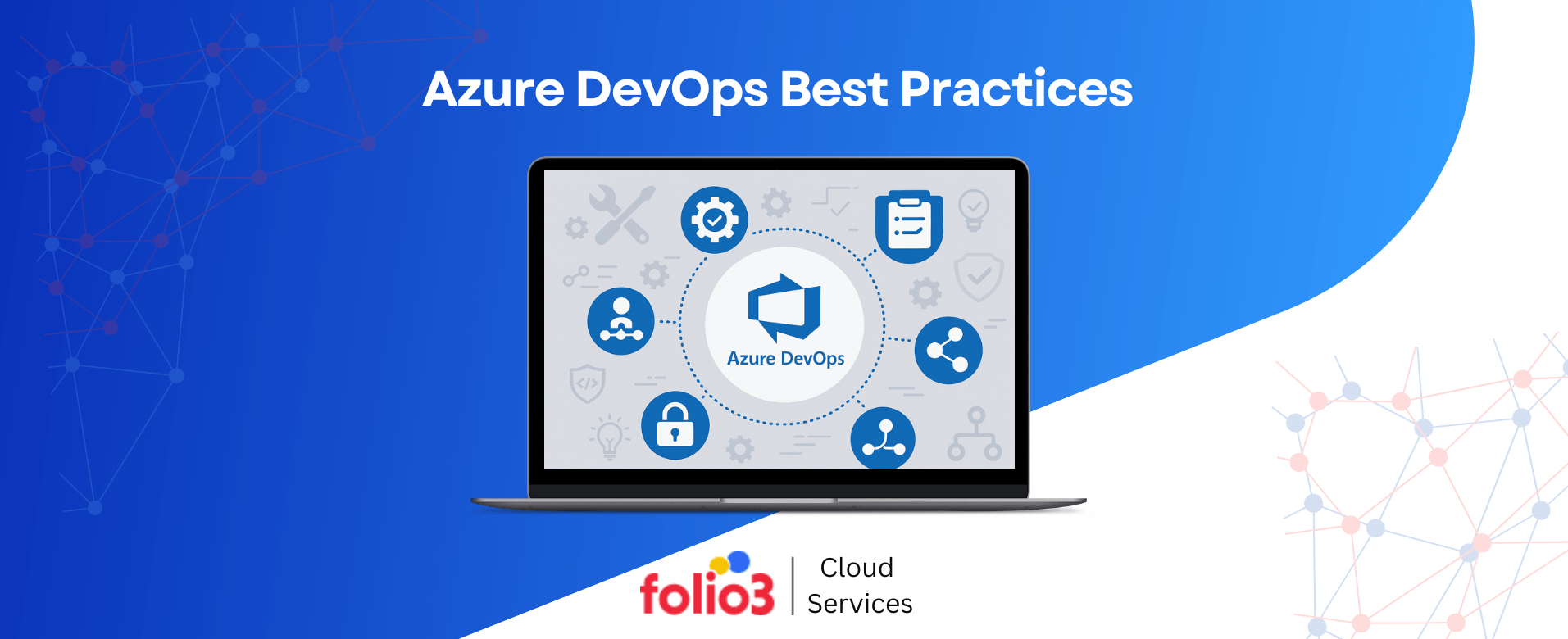Unlocking the full potential of DevOps requires more than just tools and processes. It demands the right people playing the right roles. Or else an organization can face consequences.
This article talks about the 6-7 essential roles that DevOps play in making this transformation possible. While exploring key DevOps roles, you will also learn about the critical components of assembling and nurturing successful DevOps consultants and teams.
What Is DevOps?
DevOps is not just a transformative approach. It is a revolution in the software development and operations landscape. It aims to bridge the gap between development and operations teams in different ways, such as fostering a culture of cooperation, automation, and ongoing feedback.
This holistic approach has two major perks. First, it simplifies software delivery. Second, it drives innovation and quality throughout the entire development lifecycle. However, the benefits of DevOps go beyond it.
The way it empowers organizations to scale their operations brings no second thought. So is the case with adapting to the ever-evolving demands of the market.
Companies can enhance their agility and competitiveness in today’s technology-driven world by embracing the power of DevOps. In light of this, the market has widely recognized the benefits of DevOps.
What Are the Roles of DevOps?
DevOps emphasizes cross-functional teamwork and shared responsibilities. The specific roles may vary from one organization to another. But common DevOps key functions remain the same.
- DevOps Engineers: They manage and configure the tools and infrastructure for continuous integration and continuous delivery (CI/CD).
- Release Managers: Their job is to oversee software release planning, scheduling, and coordination. This ensures minimal disruption to operations.
- Automation Architect: They design and implement DevOps automation solutions for building, testing, and deploying applications. Works on scripts, tools, and frameworks to optimize and streamline processes.
- Quality Assurance Engineers: Collaborating with development and operations comes under their main job. This is to integrate testing into the CI/CD pipeline.
- System Administrators: They manage and maintain the infrastructure, servers, and networking components.
- Security Engineers: They focus on integrating security into the DevOps pipeline. Moreover, they identify vulnerabilities and make sure security measures are in place.
DevOps Roles You Need In Your Team
Starting a DevOps team is an exciting step toward transforming your organization’s software development and deployment processes. DevOps promises increased efficiency, faster time-to-market, and enhanced software quality. However, having the right team in place is crucial to fully realize these benefits.
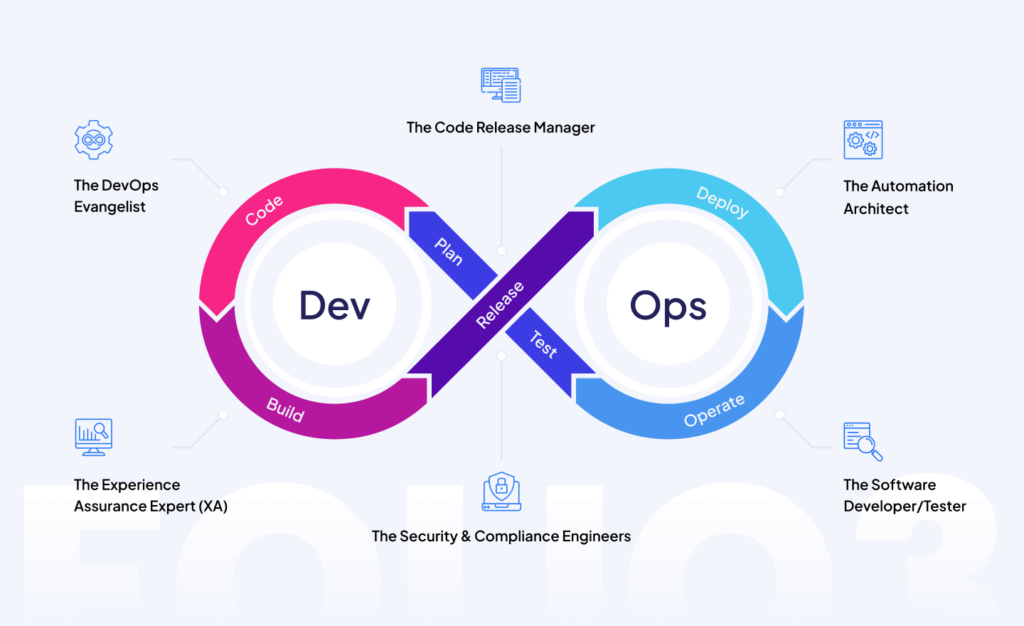
The successful implementation of DevOps practices depends upon the well-distributed roles. A perfect DevOps team should be equipped enough to manage the mix of roles covering several aspects. Here are the seven essential roles we have described to clarify your vision:
1. DevOps Evangelist
A DevOps evangelist is the driving force behind the cultural shift that DevOps represents. They are pivotal in promoting collaboration, transparency, and shared responsibility within the organization.
This champion of DevOps fosters a culture where development and operations teams work together. It also breaks down traditional silos to achieve continuous improvement and streamline software delivery.
The DevOps evangelist is not an ordinary role. It asks for a fusion of technical expertise, leadership skills, and a passion for collaboration. Hence, the respective individual serves as an advocate for the DevOps philosophy.
2. Code Release Manager
Code release managers are the creators of the software deployment process. They meticulously plan, schedule, and oversee the release of new features and updates.
Their role is critical to ensure that software deployments are seamless. It also minimizes operational disruption and maximizes the efficiency of the delivery pipeline.
They are responsible for handling the entire software release process. This involves tasks from planning and coordinating to reporting and monitoring.
Moreover, they work closely with quality assurance personnel development teams, project managers, and stakeholders. All that ensures that all parties remain well-informed throughout the release cycle.
3. Automation Architect
Automation architects are the architects of efficiency in the DevOps world. They design and implement automation solutions for various aspects of the development and deployment process.
Their expertise is creating scripts, tools, and frameworks that optimize and streamline the delivery pipeline. Its significance can be calculated from the fact that automation architects are integral to any DevOps team.
Another key responsibility of automation architects is to create scripts and tools to automate the build, test, and deployment processes. Not only is it time-saving, but it minimizes human errors.
Eventually, this results in faster and more accurate delivery of software.
4. Experience Assurance Expert (XA)
Experience assurance experts are responsible for guaranteeing the quality of user experiences. They work in close collaboration with development and operations teams to integrate testing into the CI/CD pipeline.
Their focus on automated testing ensures that applications and services meet the high standards expected by users.
These DevOps professionals contribute a major part to the software development process. They are responsible for checking that the end product meets the intended user experience.
Therefore, their cooperation with development and operations teams helps them identify potential issues at the initial stages.
5. Software Developer/Tester
The software developer or tester embodies a versatile role within the DevOps team. They participate in software development practices and play a pivotal role in ensuring quality.
Operating in alignment with the DevOps principle of shared responsibilities, these professionals contribute to creating software. They also bear the burden of thorough testing.
This multifaceted role is instrumental in delivering high-quality and reliable software. The tester or developer must possess a deep understanding of programming languages, development tools, and testing techniques. This is because they are responsible for writing and reviewing code.
Designing and implementing test cases to ensure the software functions also counted as one of their duties.
6. Security & Compliance Engineers
Security and compliance engineers are crucial in DevOps security. Their main goal is to strengthen the DevOps pipeline against security threats and ensure strict compliance standards.
They integrate security measures into every aspect of the DevOps process. These professionals identify vulnerabilities, implement safeguards, and ensure applications and services comply with requirements.
This fortifies the organization’s digital assets and builds trust with stakeholders.
The role of security and compliance engineers is highly important in DevOps. It is because security and compliance are key concerns for any organization.
These professionals conduct regular risk assessments to identify potential vulnerabilities.
7. DevOps Engineers
The DevOps engineers are the backbone of the DevOps team, entrusted with the critical role of managing and automating the development and deployment pipeline.
They are the architects of the tools and infrastructure that facilitate the continuous integration and continuous delivery (CI/CD) processes.
Collaboration with cross-functional teams is a central aspect of their role as they work diligently to ensure a seamless software delivery flow.
These experts bridge the gap between development and operations, establishing an efficient, responsive, and harmonious software delivery lifecycle that incorporates the DevOps philosophy.

Unlock Your DevOps Success with Folio3
Folio3 has extensive experience, diversified solutions, end-to-end services, skilled professionals, scalability, global reach, and a track record of successful customer collaborations. If that’s what you’re looking for, Folio3 is the place for you!
Building Cohesion: Collaboration Between Roles in DevOps
Cohesion is crucial for DevOps teams to successfully implement DevOps practices and principles. DevOps is not merely about adopting a set of DevOps monitoring tools or processes. Rather, it’s about fostering a culture of collaboration, where different roles work closely together to achieve a common goal. Collaboration between roles of DevOps is essential for several reasons:
- Shared Responsibility: In a DevOps environment, teams collaborate to ensure everyone shares the responsibility for the entire software delivery process. This includes not only development and operations but also security, testing, and quality assurance. When roles collaborate, it ensures that each phase of the software delivery pipeline is addressed comprehensively.
- Continuous Integration: Collaboration is at the heart of continuous integration and continuous delivery (CI/CD). Teams must work together to automate testing, integration, and deployment processes. This collaboration enables the rapid integration of code changes and the continuous delivery of new features and updates.
- Reduced Silos: Traditional development and operations teams often operate in silos, leading to misunderstandings and inefficiencies. Collaboration helps break down these silos, improving communication and understanding between different roles.
- Faster Issue Resolution: When different DevOps roles collaborate closely, it becomes easier to identify and resolve issues promptly. Whether it’s a software bug, a performance bottleneck, or a security vulnerability, collaborative problem-solving leads to faster resolutions of DevOps challenges.
- Holistic View: Collaboration allows each role to have a holistic view of the entire DevOps pipeline. This broad perspective helps teams make more informed decisions and prioritize tasks based on the overall goals of the organization.
Can you outsource DevOps teams? Learn all about DevOps outsourcing in our article here.
Why Choose Folio3 for Building Your DevOps Team?
Folio3 is the ideal choice for constructing your DevOps team. They have extensive industry experience, testing solutions, and comprehensive service offerings. They possess a profound understanding of DevOps best practices and intricacies. For you to realize your DevOps goals, Folio3 is the right choice!




